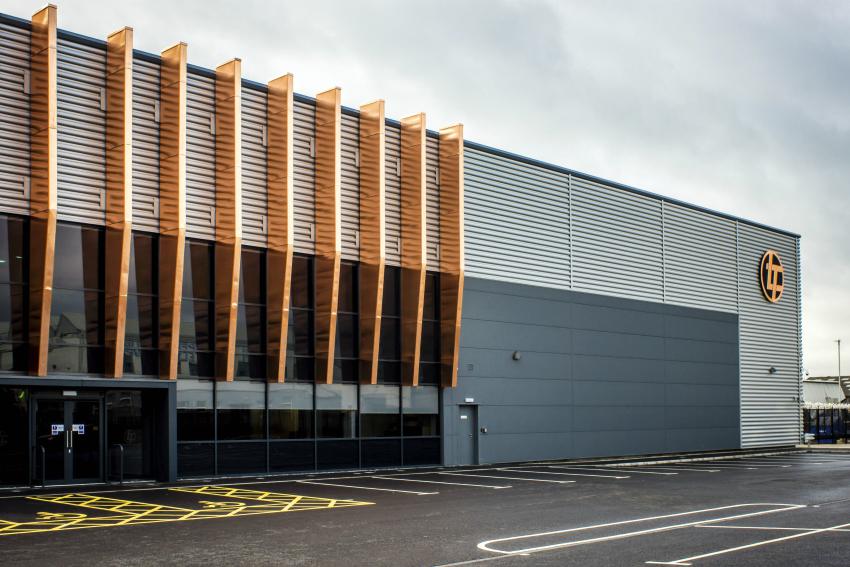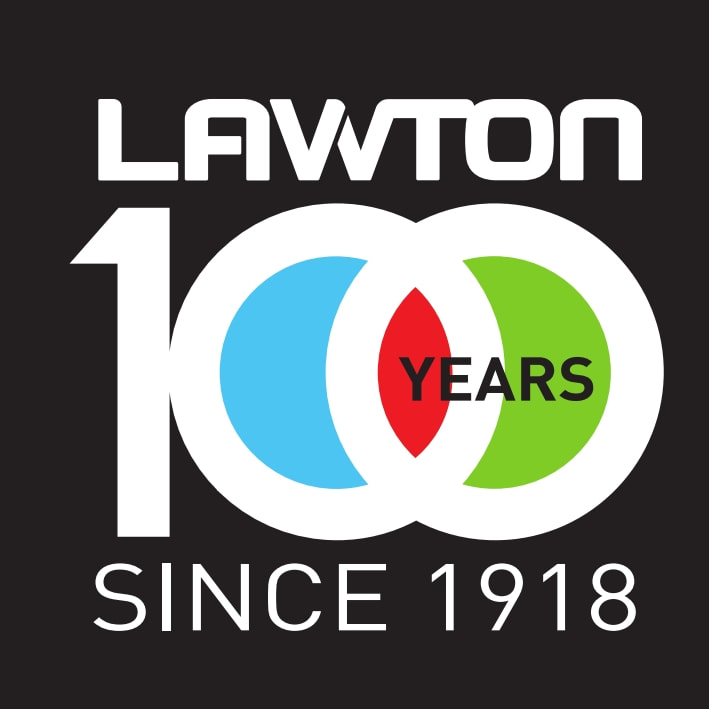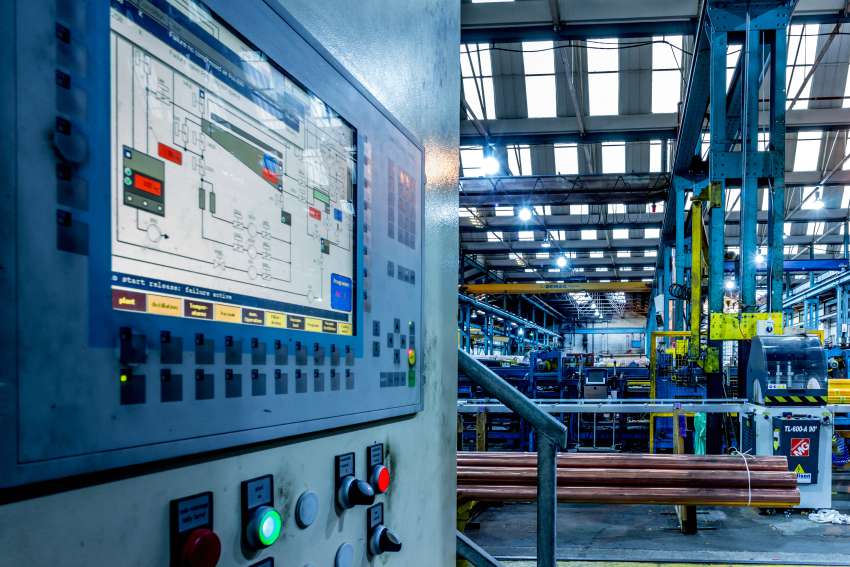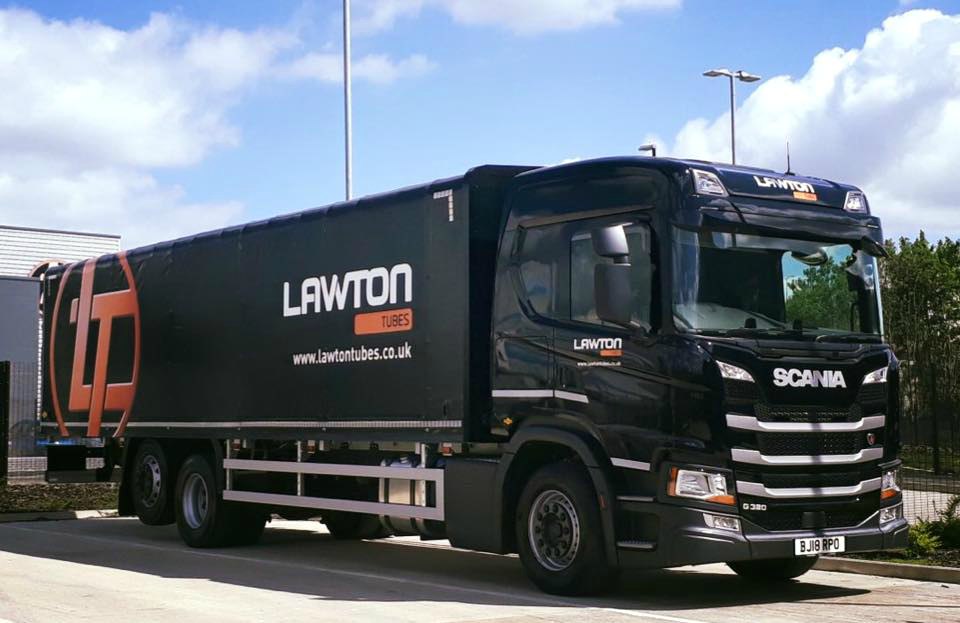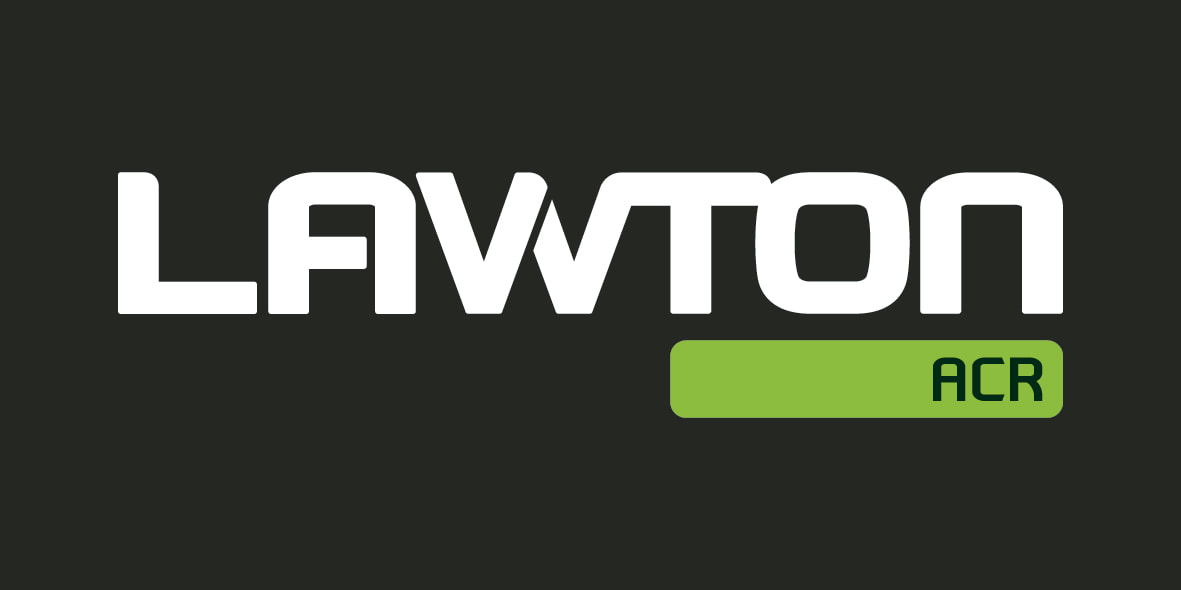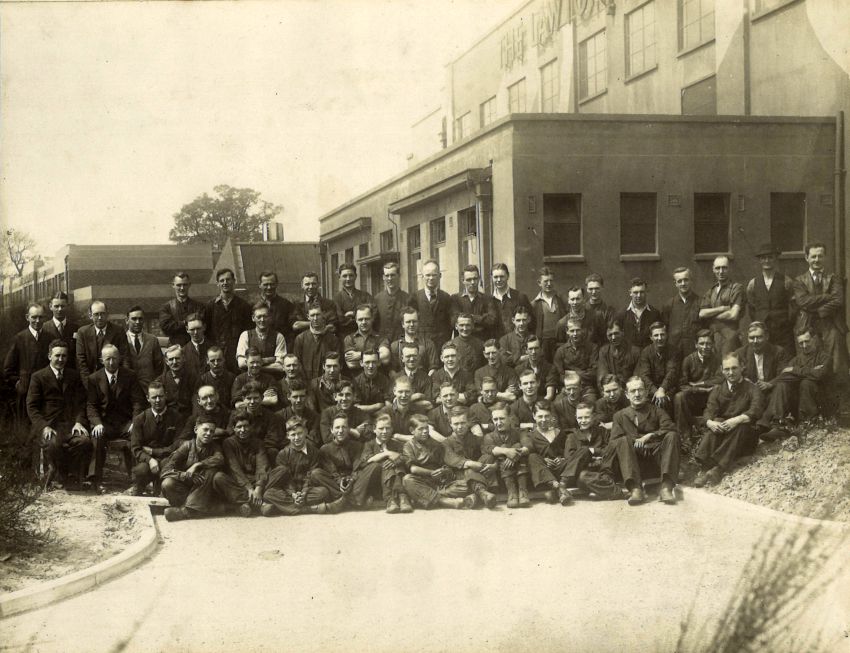17 September 2018
|
| With the Lawton Tube Company celebrating its centenary, David Todd visited Coventry to discover more about a rich industrial past and ambitions for the future. Cousins Oliver and Giles Lawton are the fourth generation of their family to head the UK’s leading independent manufacturer and distributor of copper tube. They are, officially, Joint Managing Directors of the Lawton Tube Company, yet that barely scratches the surface of their true roles. “The greatest reward of working in this company,” says Oliver, “is being able to see the business flourish, to see people grow their careers, and continue to develop the Lawton brand. “We have grown in strength because of the actions of the three previous generations. There has been an underlying strategy of re-investing profit back into the business. This has been absolutely crucial to our success for the last 100 years.” |
| Giles is in full agreement: “When you are the fourth generation running the business, you want it to continue to be a success. I remember working here as a student and I have seen the business grow significantly.’’ The Lawton Tube Company’s roots lie in traditional engineering but over the years it has widened its horizons. It is now recognised as a world leader in medical tube and is a trusted supplier to wholesalers of ACR and plumbing tubes. Copper custodians Oliver and Giles are proud to trace the history back to the founder (and their great-grandfather) Albert Lawton. But as custodians of the company, the real focus is on the future and nowhere is that more apparent than the new 65,000 sq ft distribution centre opposite the factory in Torrington Avenue. The frontage features a series of 6m high copper fins which leave little doubt about the nature of the business and the metal is also used on door handles, handrails, sinks and taps throughout the building, making full use of copper’s antimicrobial properties, which kill or inhibit many microorganisms, including MRSA and E. coli. The distribution centre and offices has been the single biggest investment in the business in the last two generations. More investments are on the horizon with new production machinery planned for this year and longer term improvements, taking the business forward to 2020. Giles said: “Our future was dependent on developing the site. It was a game-changer and by far the biggest decision we have taken since I have been with the business. And it was the right one. Our customers can see that we have invested in the future and that we are running a slick, efficient operation.’’ Oliver added: “We had been growing consistently since we arrived in 1997 but underneath we were paddling very hard to make it happen. It’s a lot easier when you have the right facilities, the right people and the right management team. We have built a business that is sustainable and that allows us to bring in the right skills, which in turn opens up new opportunities.’’ Giles said: “Operationally we have basically bolted a haulage company onto the main business. We have a great team of drivers and if you think about it, they probably have more contact with our customers than anyone else in the business. Some companies sub-contract almost everything out but you lose control of your fleet and the relationship with your customers.’’ With much of the overall price of tube down to the cost of the raw product and challenging margins, copper is a volume business. The company despatched 63 million metres in 2017 and Oliver said: “We are the bread and milk of the industry. We are providing a commodity, and we need to send out our lorries at close to capacity to justify the level of service we provide.’’ A significant change in direction came in 2001, with the opportunity to put together a comprehensive range of products in the plumbing sector. Oliver said: “Not long after we arrived, we realised we couldn’t stay so bespoke if we were to grow within such a global market.’’ Giles continued: “Things were changing and in the early 2000s a lot of UK manufacturing companies were beginning to outsource to eastern Europe and elsewhere. We were, and still are, heavily dependent on British manufacturing.’’ The UK remains the biggest user of copper tube in Europe for plumbing and heating, having resisted the wholesale change to plastics that some countries experienced. Then, 10 years ago, Lawton Tubes entered the world of ACR, now described by Oliver as “an important part of our business. It is one of the many things that differentiates us.’’ Apart from the obvious issue of imperial and metric sizing, and the fact that ACR customers expect their tubes boxed for delivery, there were other things to get used to. Oliver said: “Of course ACR is seasonal, you have to plan for the summer in January. The service levels required are also quite different.’’ Giles added: “It was a culture change, definitely. We had to step up our game.’’ The ACR product range now includes straight lengths, coils, Lawton K65 for high pressure applications, fittings and brazing rods. Chris White, Head of Air Conditioning and Refrigeration, spends a lot of time with customers and potential overseas customers. It takes time to build this side of the business but the opportunity is considerable. Chris, who has been selling copper tube for 25 years, said: “There is no doubt that the Lawton history, the quality of our product and our levels of service make a huge difference.’’ The export function is led by Oliver’s brother, Robert, and is a rapidly developing sector, largely in the Middle East and Far East. There are also customers in New Zealand, Mauritius and even a builders’ merchant on the South Atlantic island of St Helena. The future When Albert Lawton started out, there would have been many competitors doing the same thing. Now there are just a handful, so what does the future hold for copper, and the Lawton Tube Company? Oliver said: “Ever since I joined the business I’ve been told that copper was going to be replaced. I always say that if copper had come last, it would be the choice of every installer. Because it came first, everyone wants to find an alternative. “Commercially, and for ACR, copper is the product of choice because its longevity allows for long warranties. Domestically, the new house build market became dominated by plastics in the 1980s. But there is a big change coming because of the current issues around recycling and one-use products. You can take 1 tonne of scrap copper and turn it into 1 tonne of copper. Once it has been dug out of the ground, it’s very environmentally friendly.’’ Oliver also welcomes the recent increase in activity around press-fit systems. He said: “Press revolutionises copper because the argument that plastic is always easier to fit is turned on its head. The new systems are clean, efficient and our customers are excited by the benefits.’’ Part of the anniversary celebrations saw 180 employees and their families at Warwick Races to enjoy the Lawton Tubes Centenary Handicap. You wouldn’t bet against this business still going strong 100 years from now. www.lawtontubes.co.uk |
|
Family business
AH Lawton had a background in tube manufacturing in Birmingham and founded the business in 1917. It began trading as a partnership in 1918, making tubes for the emerging Midlands motor industry. The business was originally based on the other side of Coventry in London Road. Albert and his son, Fred, bought the current factory site in 1936 and built the factory the following year. Fred ran the business following Albert’s death and the next eight years saw Lawton Tubes under government control, as it took scrap metal, largely from locomotive engines, to re-draw for use in battleships. Engineering remained the primary post-war market, although an expansion of the factory enabled the company to add the construction industry to its customer base. Fred’s sons Ralph, Richard (Giles’s father) and Vernon (Oliver and Robert’s father) then took over and headed the business through the 50s, 60s and 70s, with Fred still involved until his retirement in the early 1970s. Oliver and Giles had both worked in the business as students and joined within a few months of each other in 1997 from different directions. Oliver arrived from retailer Iceland, having joined as a graduate trainee and subsequently becoming store manager then a regional ‘troubleshooter’. Giles, meanwhile, began his working life in merchanting before switching to contract maintenance sales with MJN (now Integral). They eventually became directors, as Vernon stayed on as MD then Chairman retiring in 2016. Oliver’s remit now includes sales and purchasing, while Giles heads up operations, covering manufacturing and distribution. They were joined by Simon Waldron, who became FD, and in 2005 by Oliver’s younger brother, Robert, who came from a logistics background. He is now new product development director, incorporating the export function. And the Lawton links do not end there. Although Ralph’s sons do not work for the business, John runs the Teignworthy Brewery in Devon and used his skills to create a special beer for the centenary celebrations and also distilled a unique batch of gin marking 100 years of Lawton Tubes. His brother Charles, meanwhile, works in commercial property and helped the company secure the site for the new distribution centre. |
Content continues after advertisements







